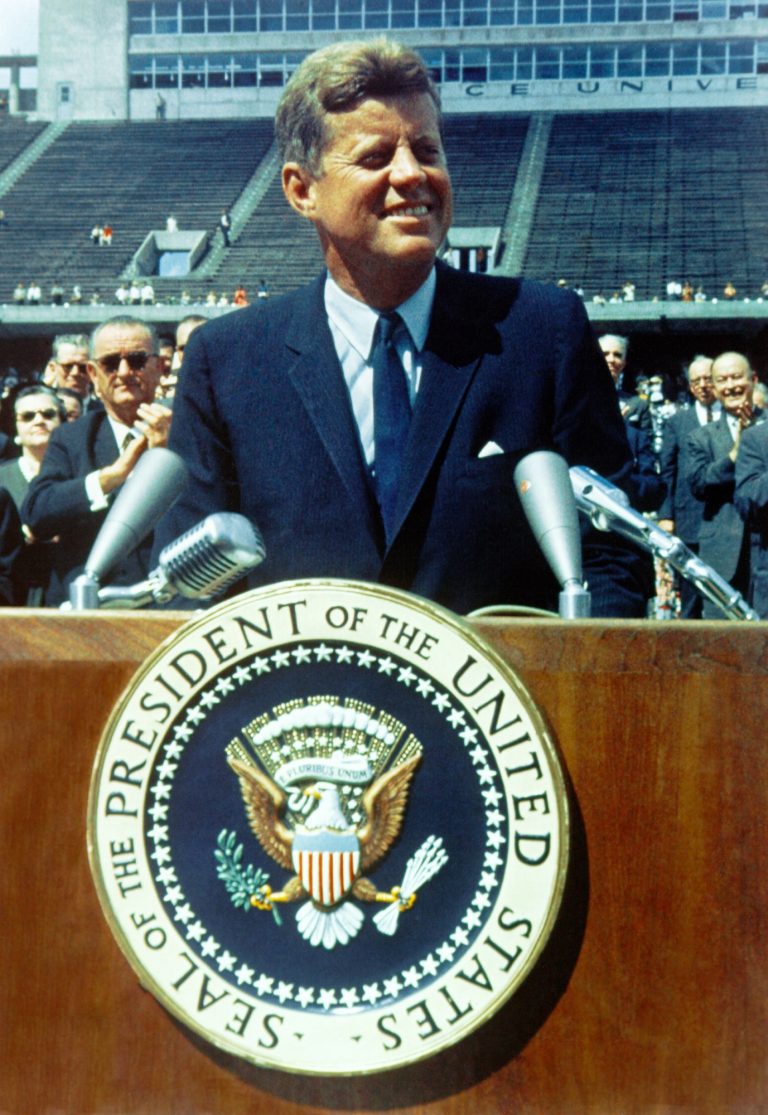The Wicked Bible

“For assuredly, I say to you, till heaven and earth pass away, one jot or one tittle will by no means pass from the law till all is fulfilled. Whoever therefore breaks one of the least of these commandments, and teaches men so, shall be called least in the kingdom of heaven; but whoever does and teaches them, he shall be called great in the kingdom of heaven.” [Matthew 5:18,19]
Most of us know that the first book ever printed on a printing press was the Bible. But the quality and methods of printing in those early years were very primitive in comparison to today. This led to many printing errors in these early Bibles; although they did not cause any serious theological confusion, some of them were still worth a smile.
That is, until 1631, when King Charles I ordered 1,000 Bibles from an English printer named Robert Barker. Only after the Bibles were delivered did anyone notice a serious mistake. In Exodus 20:14, a very small word was forgotten by the printers – the word “not.” That might seem like a small mistake in a book with over 700,000 words. But Exodus 20:14 happens to be one of the Ten Commandments. This little error changed the seventh commandment to say “Thou shalt commit adultery”!
This legendary edition became known as the “Wicked Bible.” King Charles was not amused by the infamous printing blunder. He ordered the Bibles recalled and destroyed, took away Barker’s license to print Bibles, and fined him 300 pounds (that was a lifetime of wages in those days). It is believed that only 11 of the original 1,000 Bibles exist today.
Robert Barker’s mistake was an innocent one; he didn’t intend to tamper with the Ten Commandments. But the Bible tells us that the Beast power would deliberately try to change God’s law. The prophet Daniel wrote, “He shall speak pompous words against the Most High, shall persecute the saints of the Most High, and shall intend to change times and law” (Daniel 7:25).
But Jesus told us that God’s law cannot be changed, not even “one jot or one tittle.” As a reflection of God’s character, it is unalterable. Whatever happens, God’s law stands solid and immovable.






